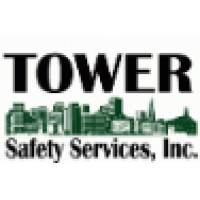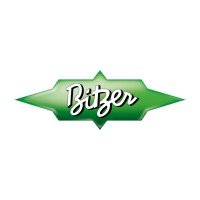
Tower Safety Services, Inc.
Tower Safety Services is a San Francisco Bay Area based survey and consultation firm, specializing in building façade access safety. Tower is uniquely qualified to observe, assess, and document exterior building maintenance systems and related workplaces. Since 2000, Tower has provided specialized consultation and surveying services to its clients. Tower has established itself as an industry leader, and actively participates in the development of safety standards and regulations. Over the years, Tower has revealed itself as an effective force for implementing safety advancements and raising awareness in our industry. These improvements not only serve to protect workers and pedestrians, but also enable building owners to accurately assess and control liability exposures. Through consistent, detailed, and accurate services, Tower enables it's clients to make the world a safer place!






